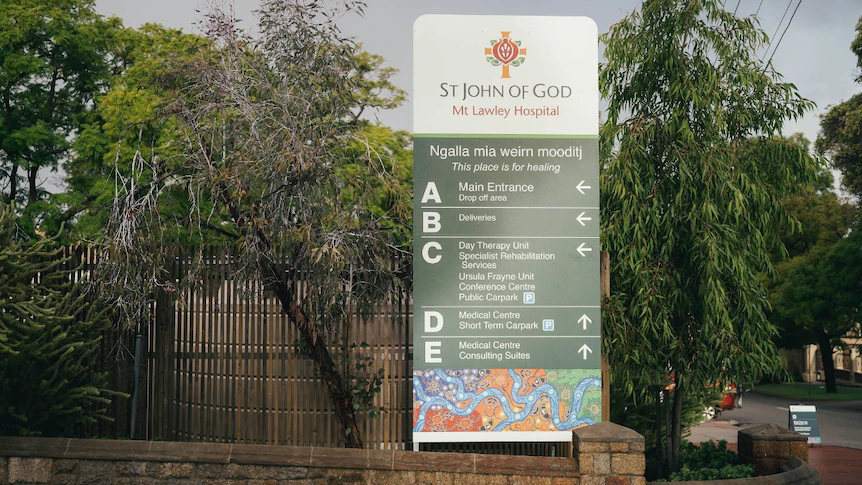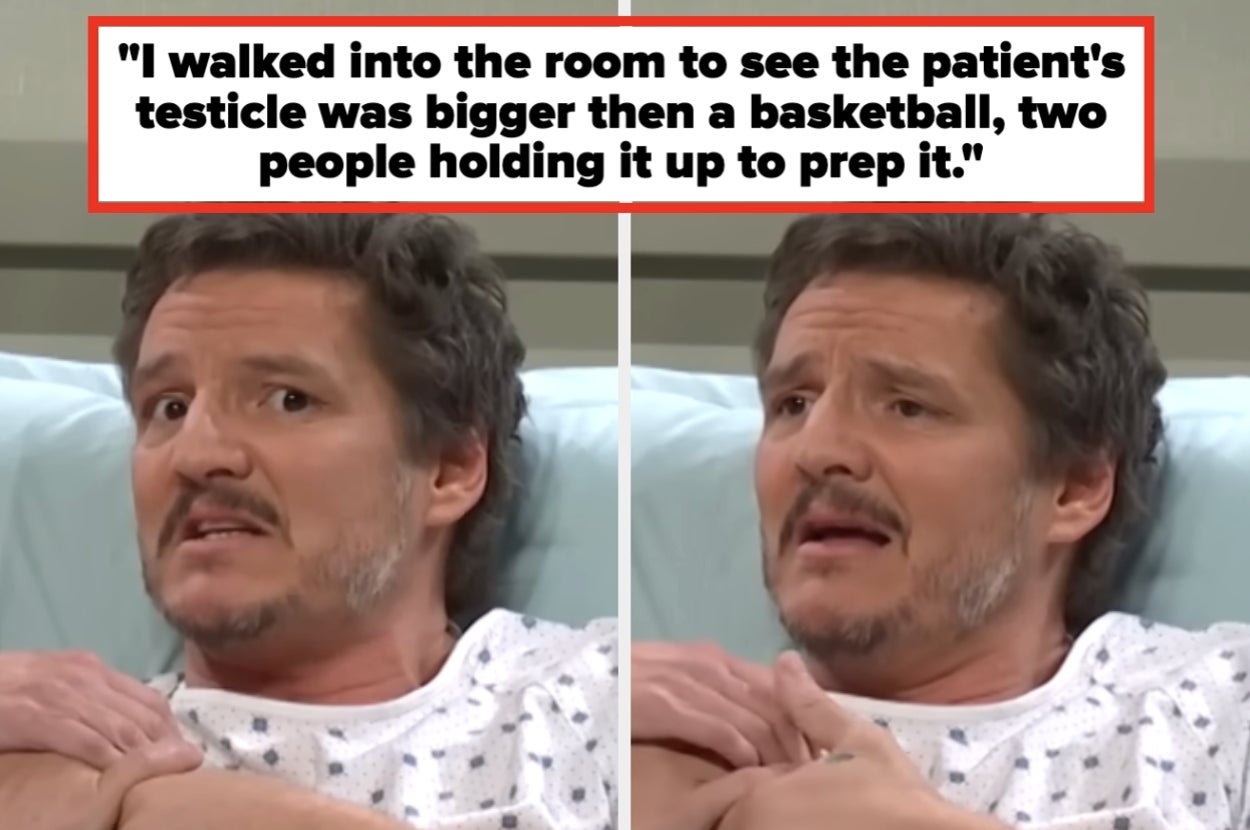Copyright abc

A $1.6 billion upgrade of Perth's Convention and Exhibition Centre has been scrapped to free up cash for three major hospital projects, including the purchase of a private hospital in Perth's inner suburbs. The WA government committed to the convention centre revamp last year, but on Thursday morning it announced the project would be cancelled to create a $1.5 billion hospital building fund, which includes the takeover of St John of God Mount Lawley Hospital. Premier Roger Cook said the state government could not justify the cost to taxpayers if it proceeded with the convention centre plan. "I refuse to compromise on major projects that will deliver better health outcomes for Western Australians," he said in a statement. Mr Cook said the acquisition of the private facility would add up to 100 beds and eight operating theatres to the public system. The government will also build a new six-story block at Royal Perth Hospital, following a review of the hospital's redevelopment project. Two floors will be dedicated to the emergency department. Thirdly, a new hospital will be built on the Peel Health Campus site, with new beds and expanded clinical service to cater for the growing population in the area. The project replaces an original plan for the redevelopment of the health campus, following a review by the Office of Major Infrastructure Delivery. Mr Cook said this would allow construction to progress faster and minimise disruption to clinical services at the hospital. "We are buying a hospital, building a hospital and upgrading a hospital," he said. 'A good deal' Australian Medical Association of W president, Kyle Hoath, said while the public sector already uses some beds at St John of God's Mount Lawley campus, it was still a "huge addition" to the sector. "This is almost exactly what we've been asking for, so it is a good deal," Dr Hoath told ABC Radio Perth. Treasurer and Deputy Premier Rita Saffioti said aside from the price tag, the convention centre redevelopment would have significantly impacted road and rail infrastructure around the CBD site. "It would just be too disruptive and cost too much at this point in time," she said. "By choosing not to undertake that development it has given us the capacity to deliver excellent health infrastructure projects."



